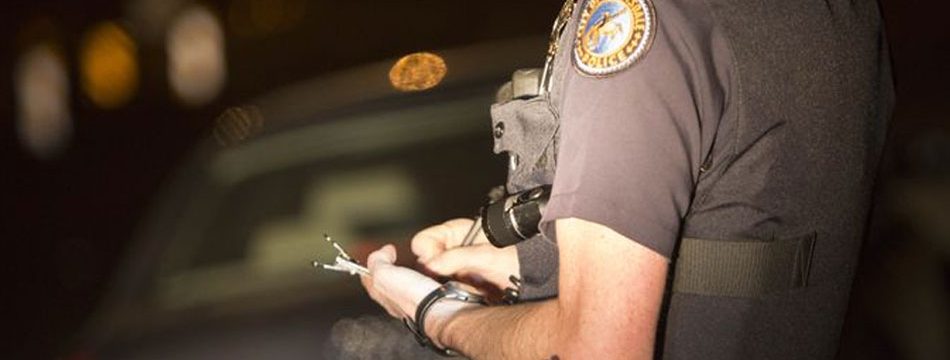Blog
Arizona Contested Divorce Process Timeline 2024
4Divorce is a heartbreaking, exhausting process, and the legal proceedings make the emotional aspect much more difficult. When a divorce is contested, it means that the spouses disagree about how aspects of the case should be settled, like child custody, child support, and property division.…
Revocable Trust vs. Will in Arizona: What’s the Difference? 2024
Both revocable trusts and wills are important aspects of estate planning in Arizona. These documents allow you to name the people you want to receive your assets after you pass away. Without estate planning documents like trusts and wills, you will be unable to determine…
Two DUI Appeals Successfully Defended by The Glazer Law Office, PLLC
The Glazer Law Office recently prevailed in two more Appeals which were filed by the State in DUI cases, resulting in dismissals of all charges. In the first case, the client had submitted to a breath test which resulted in .149, nearly twice the .08…
Arizona ranked #1 in criminal penalties for DUI
Followed by Georgia and Alaska, Arizona has been ranked the number one state in cracking down on drivers under the influence of drugs and alcohol. A personal -finance site, Wallet Hub, recently conducted a survey ranking mandatory sentences in each state, finding Arizona with the…
Friday Funny: The Case of the Con Man
Convicted con man Peter Horsford, who was accused of impersonating a lawyer, had trouble getting a trial date in New York in 1988. The problem was that four of the judges considered for his trial were disqualified from hearing the case – because he had…
To Take A Breath Test Or Not, That Is The Question
When suspected for DUI, many clients want to know whether to take a breath test. While every jurisdiction has different laws and culture surrounding breath tests, there are some specific suggestions we can offer it you are arrested for a DUI in Flagstaff, Arizona. First,…
DUI Drugs In Arizona
Did you know that you can be charged with DUI Drugs if you were driving days, or even weeks after smoking marijuana…even if you have a medical marijuana card? Unfortunately, we see it all too often. Here’s the usual scenario: Person gets pulled over…Cop suspects…
Theft, Robbery And Armed Robbery: What’s The Difference?
In Arizona, theft crimes can be misdemeanors or felonies often depending on the value of what was stolen. While theft can occur in many different ways, armed robbery and robbery are more straightforward charges that occur when force is brought into a situation that would…
Criminal Defense Attorney Recognized For NACDL Advocacy Project
Criminal Defense Attorney Stephen R. Glazer was recently recognized for his contribution to an Amicus Brief submitted by the National Association of Criminal Defense Lawyers (NACDL) in a case involving the improper suppression of exculpatory evidence. NACDL is a nonprofit corporation whose purpose is to ensure justice…









